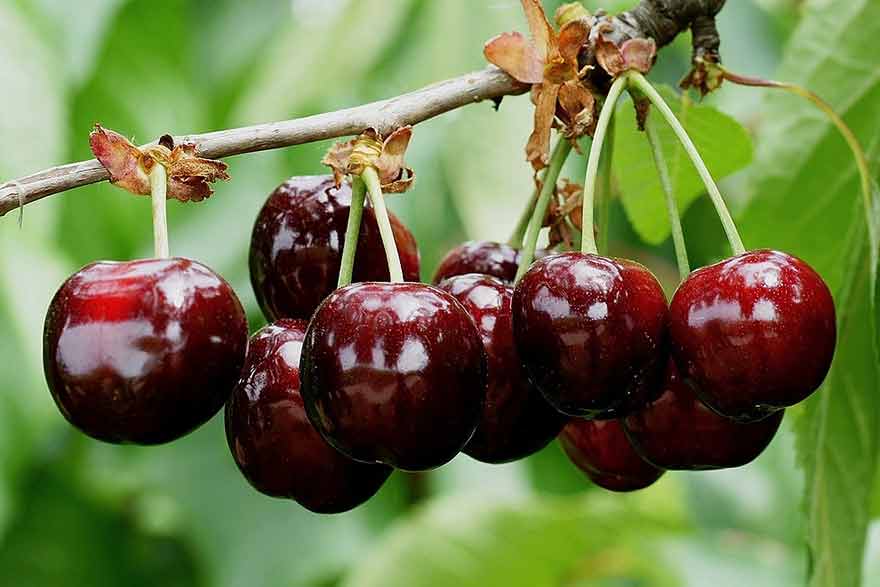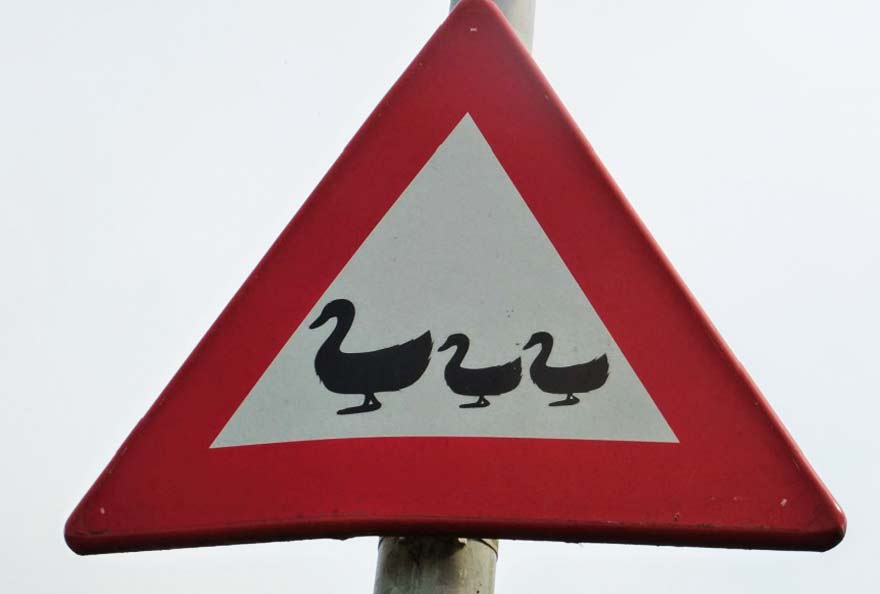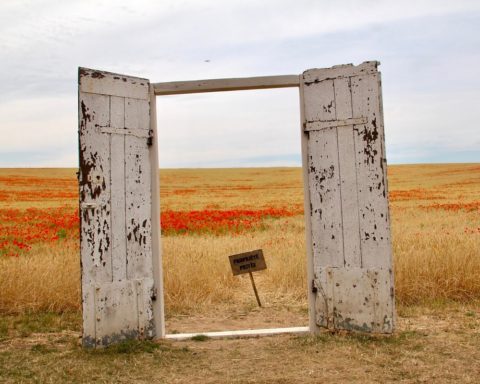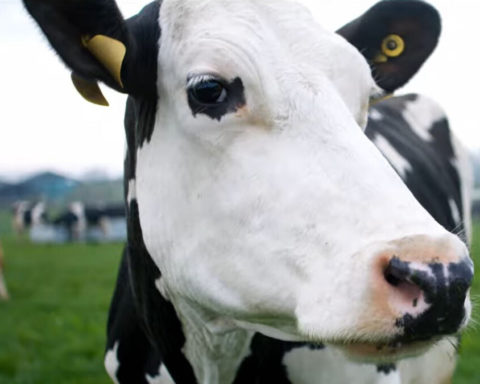No more clafoutis, no more compote filled with sun-drenched cherries on garden tables this summer. No more baskets of cherries on the market stalls. Of course we may still find some, but at 50 € or even more... Cherries almost as expensive as caviar, it's coming soon. The reason? A small gnat, the fruit fly... suzukiiOn the one hand, an insecticide, Dimethoate, on the other hand, and finally a pitched battle between arboriculturists, the government and the European Commission. Latest news from a symptomatic illustration of the difficulties in reconciling traditional agriculture, public health and the economy.
Adrosophila suzukii is a small midge of barely 2mm, recently arrived in France in 2010, and has the unfortunate habit of attacking red fruits, especially cherries. It reproduces at lightning speed and a cloud of these bugs is capable of wiping out the entire production of an orchard. Aggravating circumstance, the midges attack when the fruit is very ripe, ready for harvest. It does so all the more as the climate is mild, which is particularly the case in our times of global warming.
The fatal weapon
Until now, there was a lethal weapon against the suzikii. An organophosphate insecticide, Dimethoate. It's radical to protect cherries from this voracious parasite. But it's dangerous to humans, birds and mammals. It would attack the central nervous system and the bloodstream. This product therefore raised legitimate concerns as early as 2012, particularly in Canada. In France, the ANSES - our food safety agency - wanted to find out for sure. In 2013, Europe, in turn, was concerned about it. And then last year, it was Paris that closed the file without waiting for the European decision, which is always very long in its procedures. The French government has come to the firm conclusion that this product is too dangerous for public health and the environment. Since February 1st, arboriculturists are no longer authorized to treat their cherry trees with this insecticide.
Bankruptcy announced
The problem is that it has been a very mild winter and our cherry trees are threatened. Arborists say they have no other weapon than Dimethoate to fight the damn gnat. According to them, there are a few other alternative chemical molecules that are still authorized, such as spinosins or cyantraniliprole, but they are not very effective and cost 8 to 10 times more than Dimethoate.
The other solution, which consists of placing anti-fly nets on fruit trees, is considered unrealistic because it is very expensive: EUR 20 to 30 000 per hectare.
Farmers are distraught: " We're in danger of going bankrupt. The state has granted my son the right to settle down but does not give him the means to fight against the suzukii drosophila. ", François Soubeyran of the FDSEA Ardèche told AFP. Its 20 hectares of cherry trees account for 96% of its income.
The situation is all the more dramatic because farmers are afraid that foreign cherries will arrive on the market this summer at lower prices because they are not affected by the ban on Dimethoate.
Arm wrestling
Faced with this situation, and seeing no other way out than to cut down their trees with chainsaws (which some arboriculturists in the Luberon have already started to do last week), farmers are asking for a moratorium: permission to use Dimethoate a little more to treat this month's production this year.
The government, in the person of Agriculture Minister Stéphane Le Foll, has decided otherwise. Asserting that it is a matter of preserving the economic interests of producers while protecting the consumer, it has asked the European Commission to ban Dimethoate as a matter of urgency throughout the EU, as well as the marketing of cherries from countries or Member States in which the insecticide is authorised.
The Minister gives a seven-day ultimatum to the European Commission; without a response from him, France will launch a safeguard procedure.
That's what happened on Friday. France got no response from Brussels. The minister has therefore decided to ban the import of dimethate-treated cherries outright. This type of measure is triggered very rarely, which underlines its exemplary nature.
France had referred the matter to the European Commission since 1 January 2008.er March to ban this molecule in order to avoid any distortion of competition between European producers. Italy and Spain have already banned the product, but other producing countries are still using it. Faced with this request, the Commission referred the matter to EFSA, the European Food Safety Authority. But the latter, as usual subject to intense pressure from industrial chemical lobbies, once again kicked the ball, claiming that there was "no data" on the effects of this molecule on consumer health.
" Dimethoate reflects very explicitly that there is a cost problem in getting out of pesticides. ", Emmanuel Aze of the Confédération paysanne told AFP. This organisation is therefore asking for partial coverage of the losses and a national aid plan to finance the installation of the nets.
This solution is, understandably, a temporary measure that cannot last. The crux of the matter is to measure how farmers will manage to move away from the farming methods they have become accustomed to in order to meet the demands of intensive consumption and distribution. Wanting a healthy diet will not only involve protection or safeguard measures; it will necessarily involve questioning production habits and, consequently, our consumption habits.













